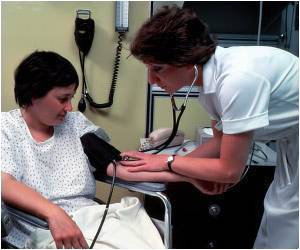When diagnostic treatment can be as expensive as the actual treatment it is best to take a health policy which will cover OPD as well as treatment under hospitalization.

He explained the first clause in most health insurance policies is 24-hour hospitalization. Earlier, there were a lot of surgical procedures that required the patient to be admitted to the hospital. Now, many of these can be done in the OPD or in day care, and does not require hospitalization. So, technically, many of these claims could be rejected as there is no hospitalization.
Most health insurance policies do not offer OPD coverage, as they include doctor's consultations which lead to issues about lack of transparency and documentation. "OPD is a wide term, not something that can be listed. It is usually anything that requires you to go to the doctor. Roughly only 50 percent of the policies available offer OPD cover,'' aid Renuka Kanvinde, assistant vice-president, health administration team, Bajaj Allianz General Insurance.
General physicians and private practitioners treat OPD patients, so, documentation is poor, unlike in hospitals. Even from the point-of-view of patients, maintaining the bills and receipts can be a logistical problem. These documents are essential to ensure that your OPD claim is reimbursed.
Mansije Mishra, CEO, Max Bupa Health Insurance, agrees that the difference between OPD and day care is a grey area, since primary health care is still unorganized in India. Diagnostic tests and injections are expensive but are not reimbursed in most policies which don’t cover day care tests and procedures.
"In case of hospitalization where there is no intervention, for instance only for observation or monitoring, we check the clinical symptoms to see how serious the patient was before deciding on the claim,'' Mishra said.
Advertisement
The premium for policies with OPD is higher. For instance, in case of Bajaj Allianz's individual policy Health Guard, for a 35-year old, with a sum assured of Rs 5 lakh, the premium is Rs 6,917, while for Health Care Supreme the premium is Rs 12,402. The latter includes additional benefits like OPD, day care procedures, ambulance service and others.
Advertisement
Source: Priya Nair
Source-Medindia








